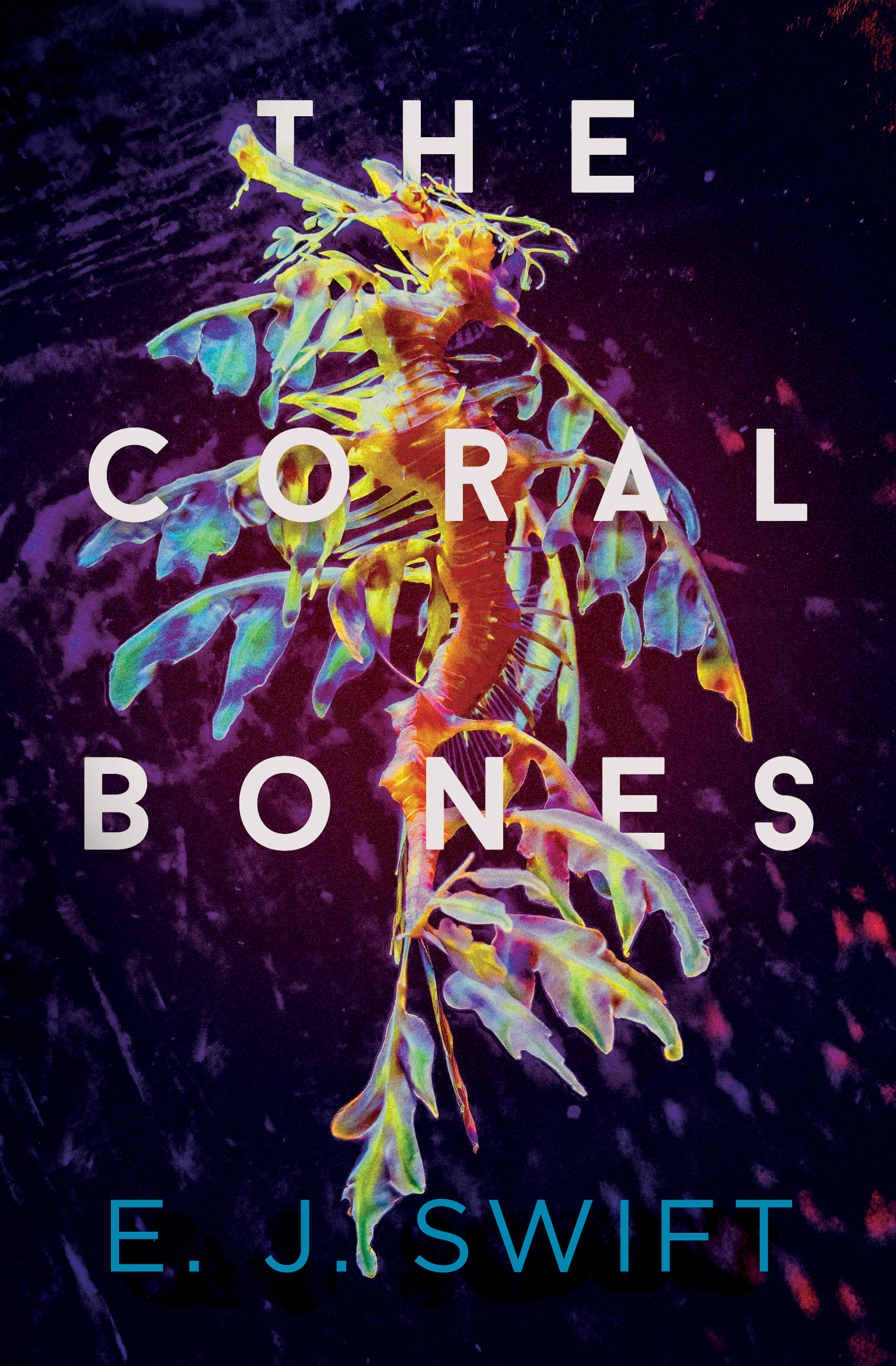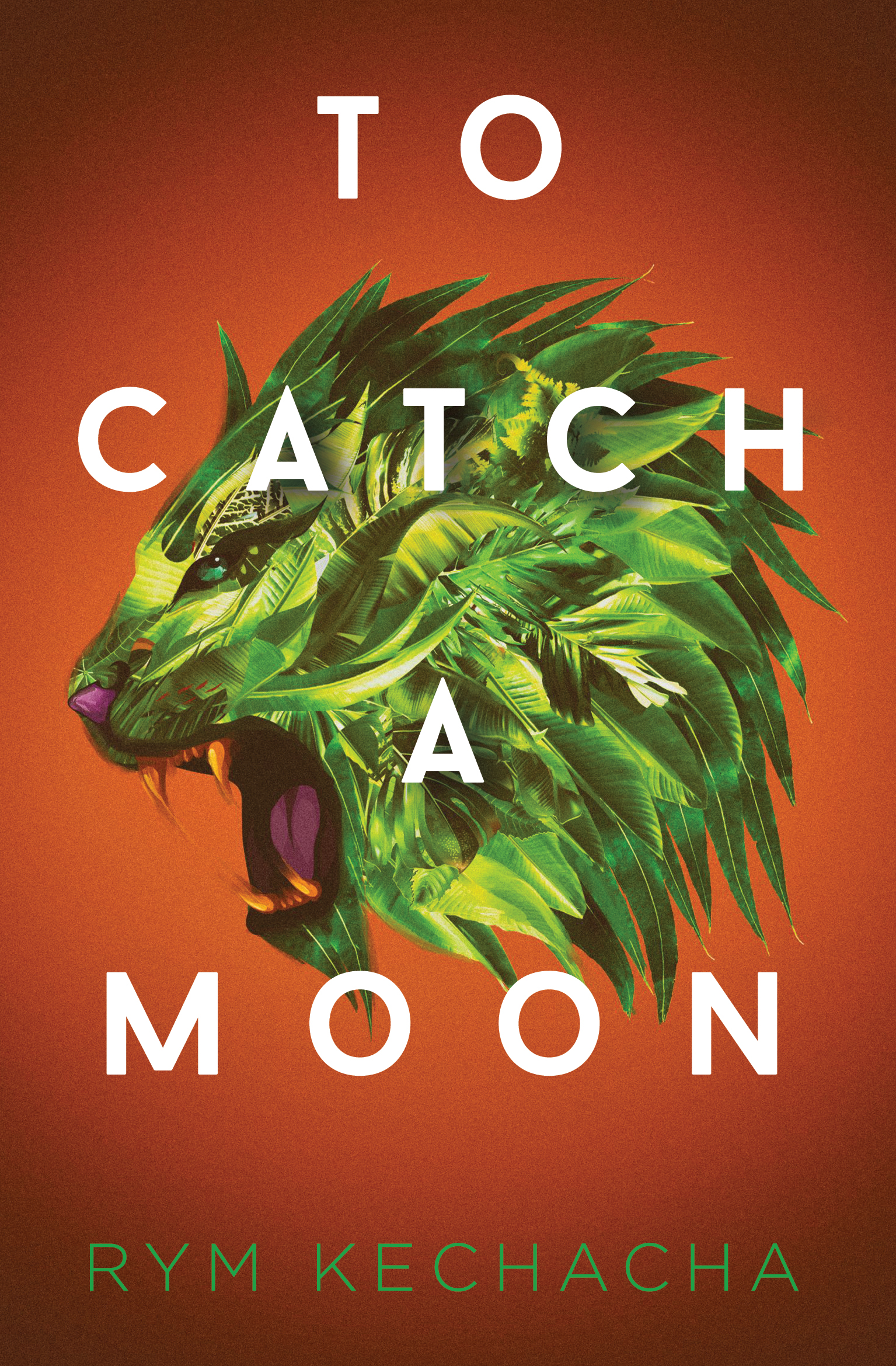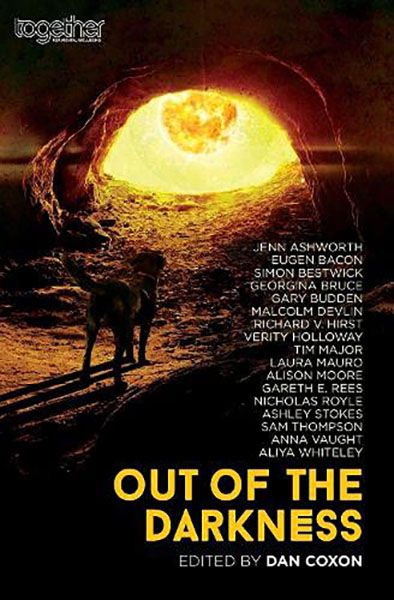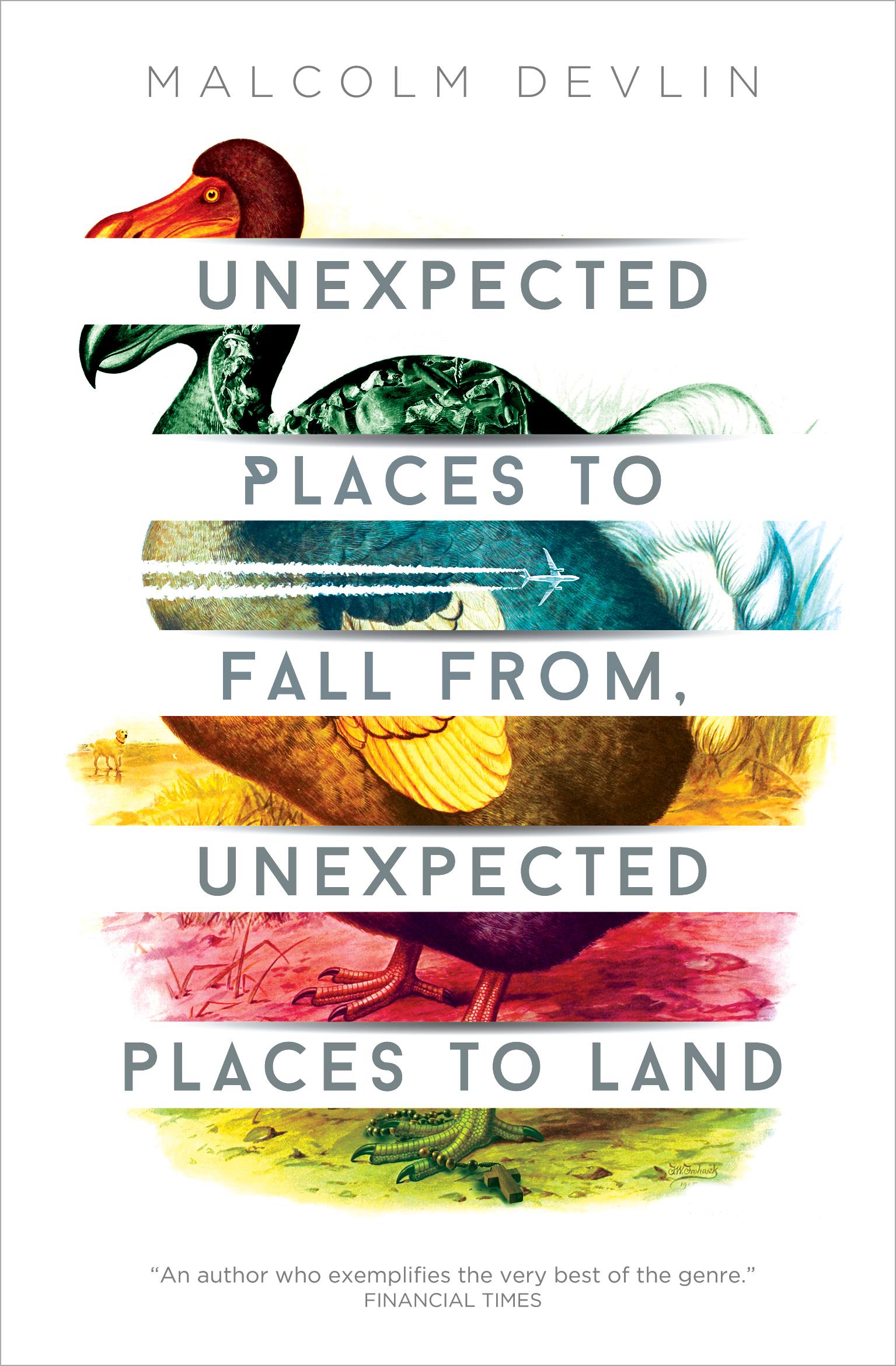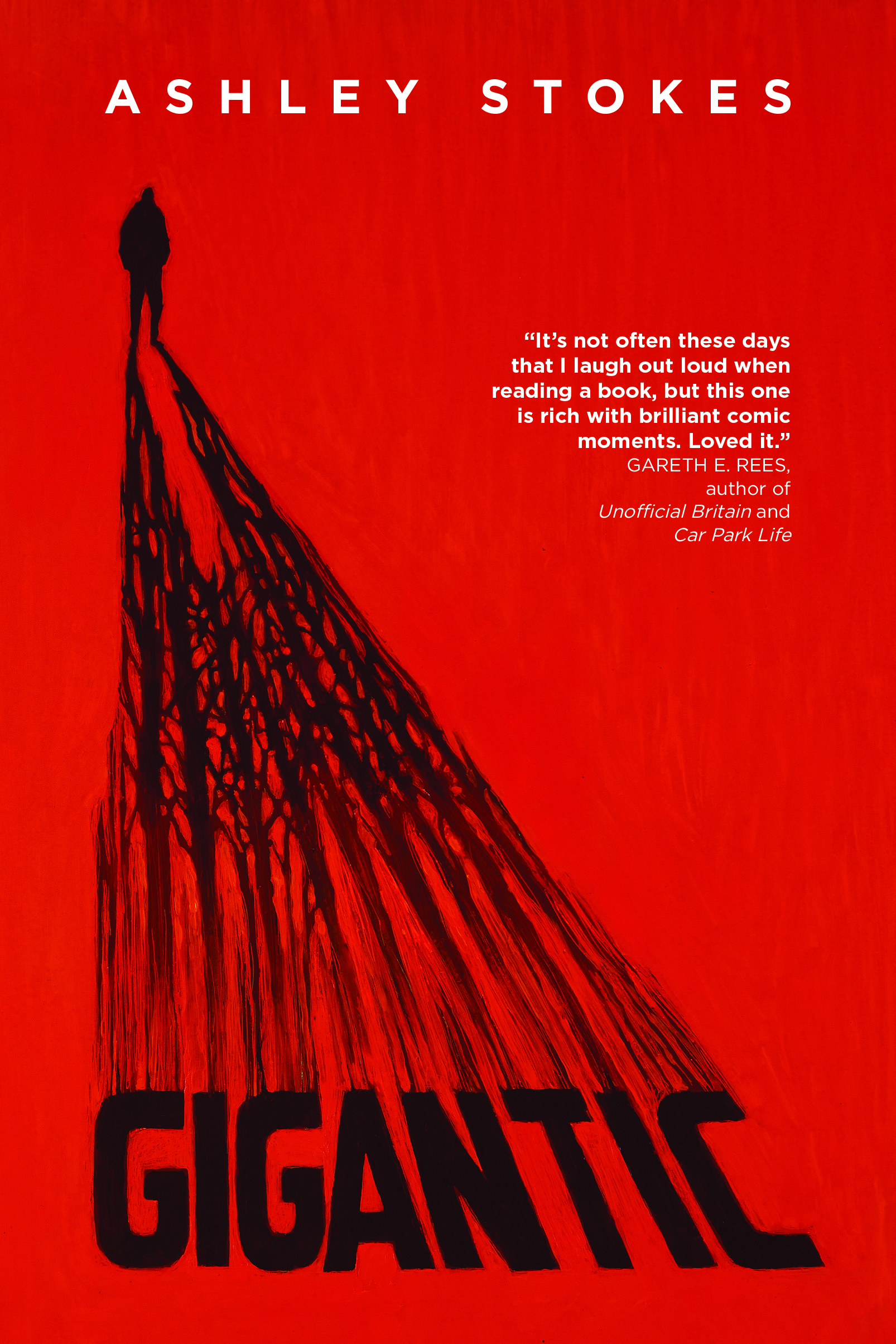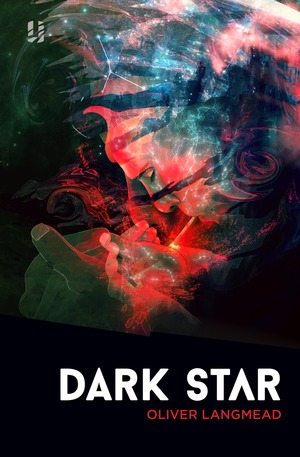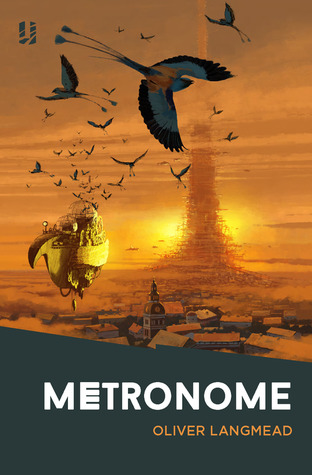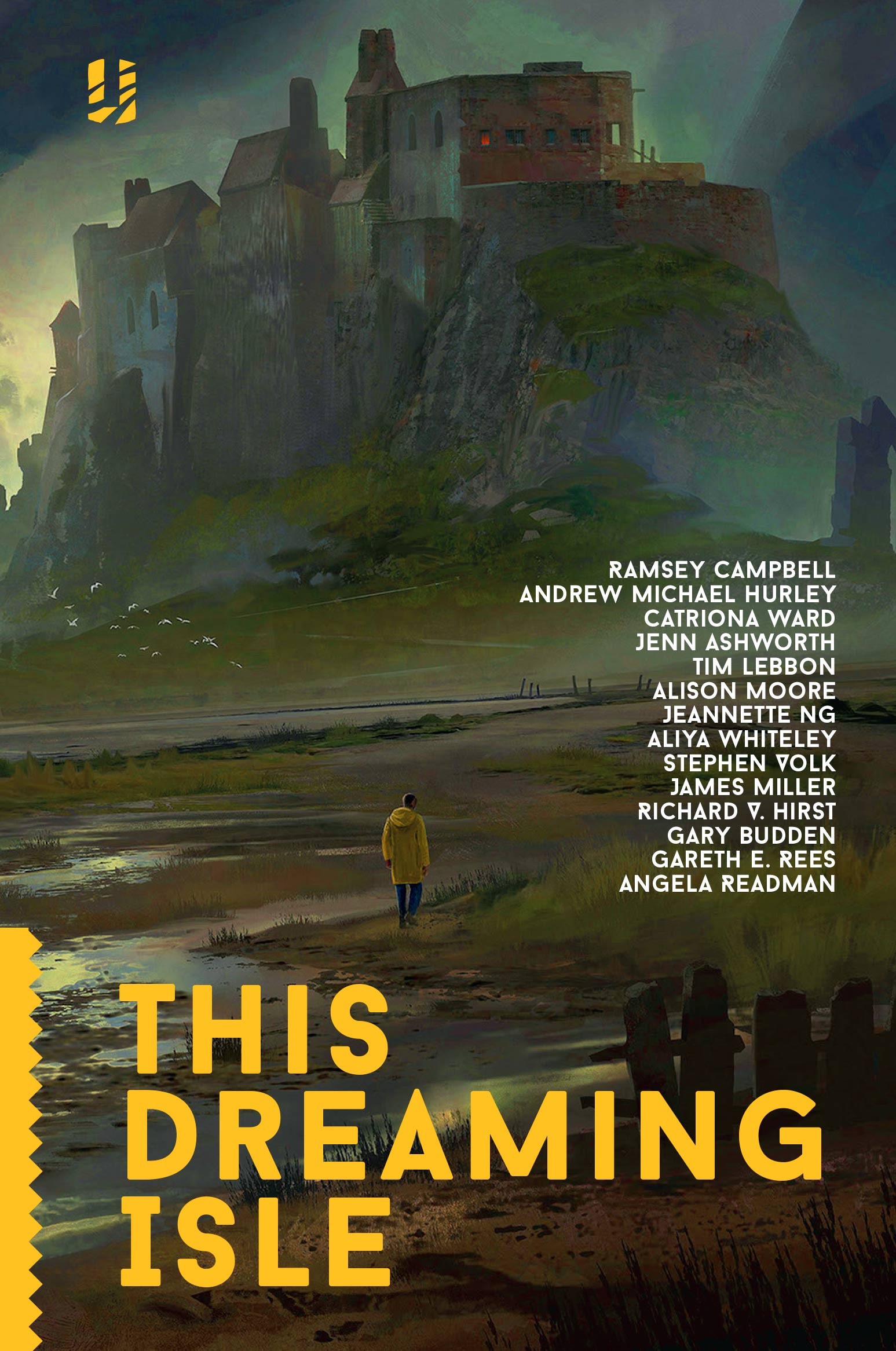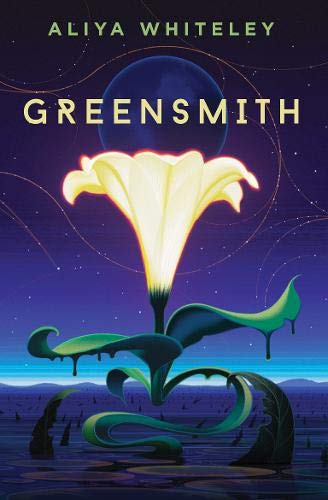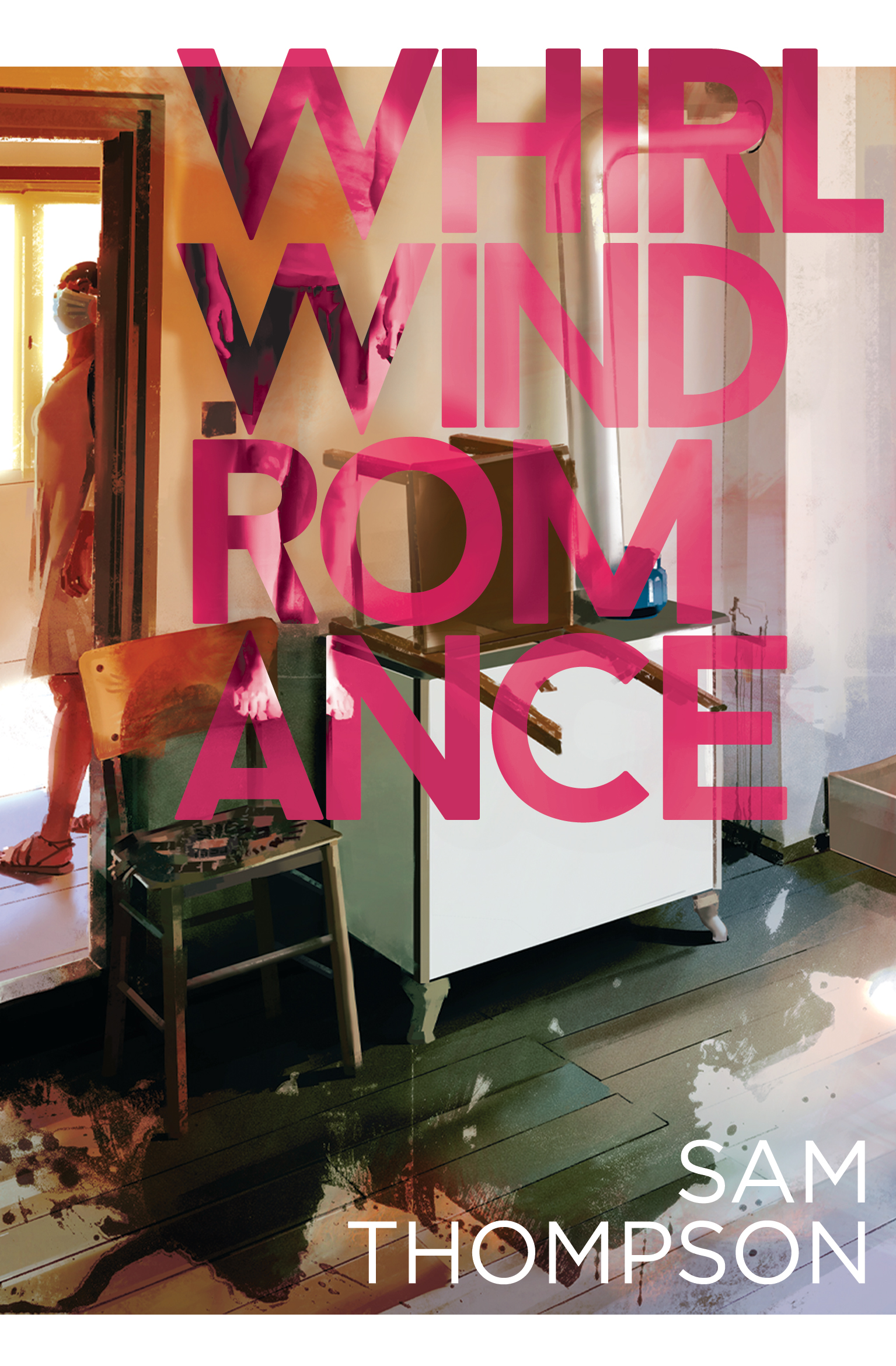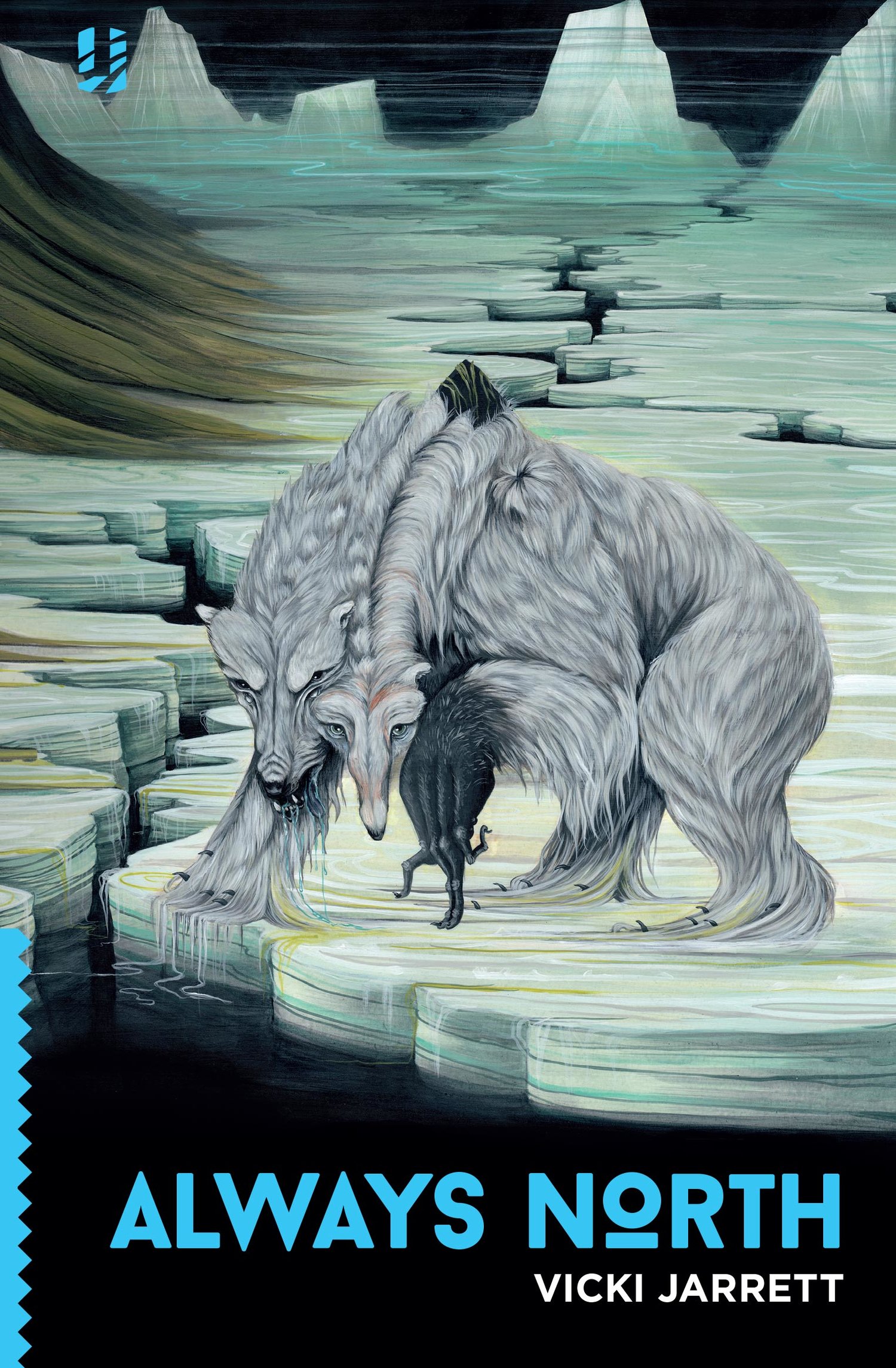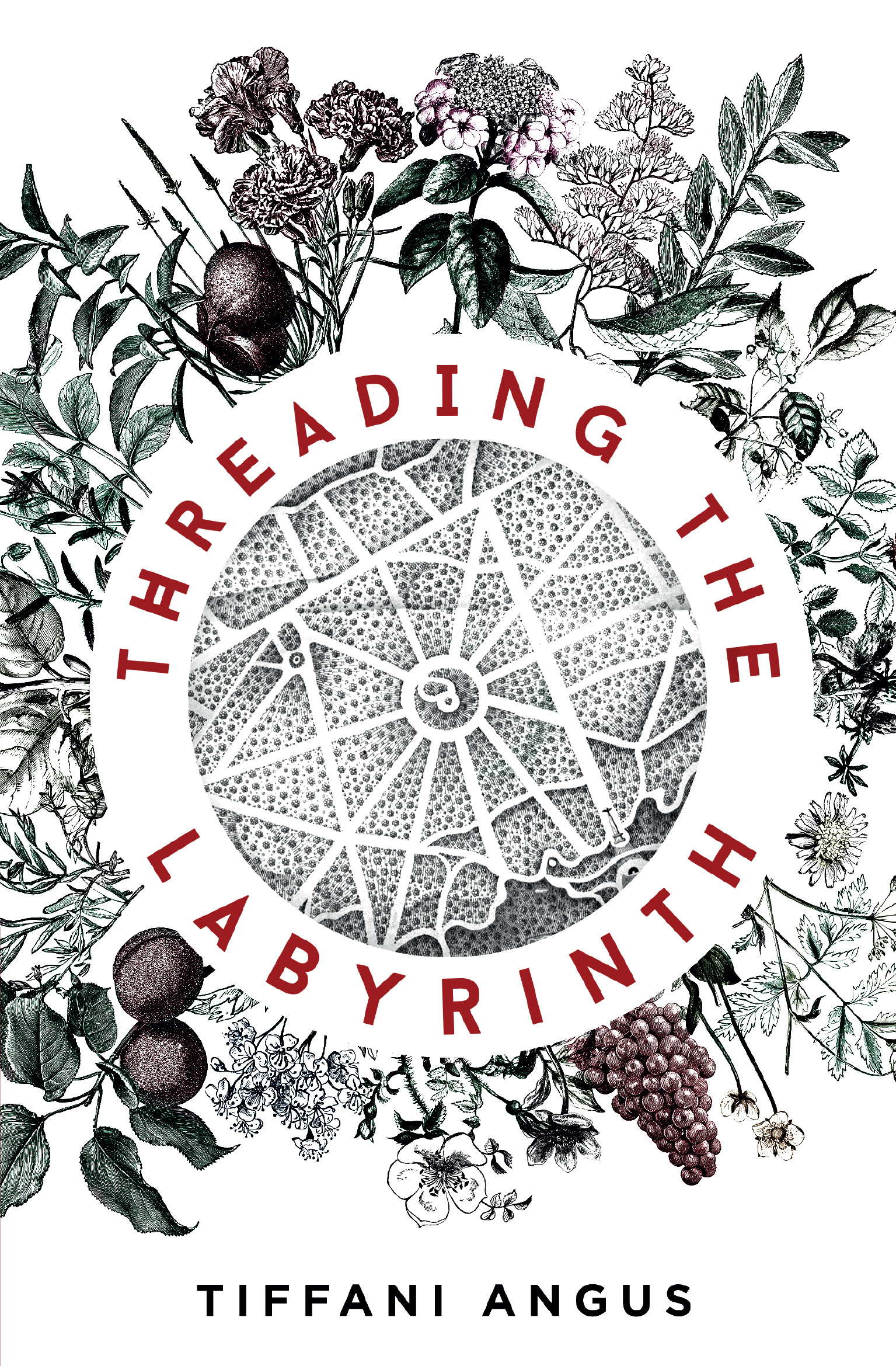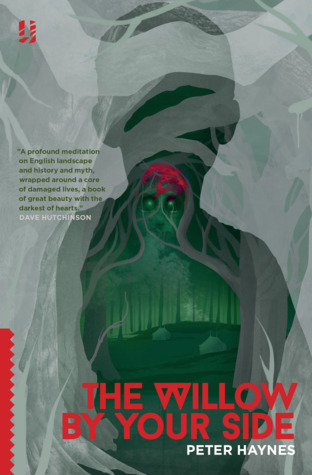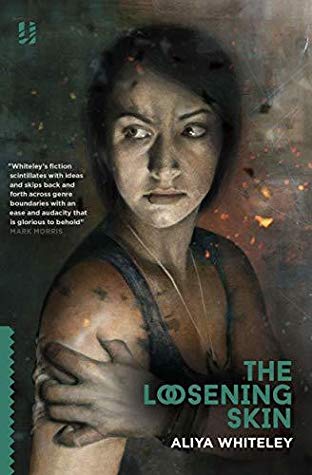Unsung Stories (2014-2023)
Unsung Stories (2014-2023)
On the 3rd of May, the genre fiction world was rocked to hear, via a blogpost on their own site and a newsletter sent to subscribers, that beloved indie press Unsung Stories will be closing down for good this summer. To those unfamiliar with the work that Unsung Stories have done over the past decade that might sound like hyperbole, but for those of us who have been avid followers of Unsung Stories and the books they have published, this is a genuine cause for sorrow. Unsung Stories, simply put, have been responsible for publishing much of the most brilliant, original and inventive speculative fiction of the past decade. Here follows my tribute to them. I can’t promise I won’t get all emotional, but I want to put down in writing something that marks the incredible contributions to genre fiction they made, why that’s important, and why we don’t want to lose our wonderful indie presses.
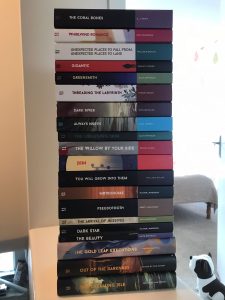 Last year I wrote a piece for the Hive collating and bigging up all my favourite small presses. This was done as part of Runalong Womble’s drive to celebrate small presses and what they do, and I particularly wanted to do it because I still think the role and importance of small presses is overlooked and misunderstood. Publishing is an incredibly risk-averse industry. It’s incredibly difficult to break into, and the Big Five are not in the business of taking risks. That means that when something new, original and different comes along, something that genuinely pushes at the boundaries of what the genre or the literary form itself can do, it is not picked up by the Big Five. Instead, it is the indie presses who take the risk and put out this work, because of love and passion. And love and passion really are behind this – many indie presses are run by a handful of people because they truly believe in what they do, and they know full well that they are unlikely to ever make a profit out of it. But they believe these wonderful, new and challenging books deserve to be put out there and read. With the economy being what it is, it has simply become more and more expensive to run small presses, and it’s usually the individuals running them who shoulder this burden. The combination of rising costs and other commitments – including family life! – have contributed to Unsung Stories’ decision to close.
Last year I wrote a piece for the Hive collating and bigging up all my favourite small presses. This was done as part of Runalong Womble’s drive to celebrate small presses and what they do, and I particularly wanted to do it because I still think the role and importance of small presses is overlooked and misunderstood. Publishing is an incredibly risk-averse industry. It’s incredibly difficult to break into, and the Big Five are not in the business of taking risks. That means that when something new, original and different comes along, something that genuinely pushes at the boundaries of what the genre or the literary form itself can do, it is not picked up by the Big Five. Instead, it is the indie presses who take the risk and put out this work, because of love and passion. And love and passion really are behind this – many indie presses are run by a handful of people because they truly believe in what they do, and they know full well that they are unlikely to ever make a profit out of it. But they believe these wonderful, new and challenging books deserve to be put out there and read. With the economy being what it is, it has simply become more and more expensive to run small presses, and it’s usually the individuals running them who shoulder this burden. The combination of rising costs and other commitments – including family life! – have contributed to Unsung Stories’ decision to close.
Unsung Stories was formed in 2014 by George Sandison, with Dan Coxon stepping in to help with the editorial load since 2017. Vince Haig did the uniformly beautiful cover design, and Laura Hounsom did the publicity. I’d like to thank each of them individually for their spectacular contributions to the genre. Fortunately, all of them continue to work in genre publishing, George as acquisitions editor for Titan, Dan with Dead Ink’s Writing The… series and various editing projects, Vince continues to do cover art as well as writing as Malcolm Devlin, and Laura continues to write books and freelance. So we are not deprived of their voices, and hopefully they can continue their work of shaping genre fiction for the better.
What was it about Unsung that made them so special? In my indie press round-up piece, I compared indie presses to indie record labels. What’s so great about a Factory Records release is that it’s a complete aesthetic vision made manifest. You can spot one of their record sleeves from across a busy record shop, and you immediately know what the record is and what it’s gonna sound like, and that, if you’re a massive Factory Records fanboy like me, you’re gonna have a good time with it. Unsung always presented themselves as a complete aesthetic proposition. From the beginning George clearly had a very strong idea of the kind of speculative fiction he wanted to publish, and how he wanted the books to look. Every single Unsung release is absolutely gorgeous, beautifully designed and with stunning cover art that immediately caught the curious reader’s eye, whether at an SF convention or in a bookstore. With much less to spend, Unsung’s design team put the work of the Big Five to shame. Look at the iconic and haunting image of a woman being consumed from inside by mushrooms that makes up the cover of Aliya Whiteley’s The Beauty (2014), or the indelible image of a man peeling off the skin of his arm on Malcolm Devlin’s You Will Grow Into Them (2017). These images are miniature works of speculative fiction in and of themselves, works that prime the reader to expect something incredible. The books themselves came in beautiful matching designs, bringing to mind issues of a magazine, encouraging the collector to seek out them all. Unsung cared enough about what they were doing to make sure each book they released was a work of art as a physical object.
And of course now we come to the books themselves. Aliya Whitely, Oliver Langmead, Malcolm Devlin, Helen Marshall, Rym Kechacha, E. J. Swift, Verity Holloway, Sam Thompson, Tiffani Angus, Vicki Jarrett, Peter Haynes, Ashley Stokes. These are some of the most exciting authors of speculative fiction writing today, and Unsung published them all. Unlike many genre fiction publishers, Unsung were always aware that so much of the exciting, ground-breaking work in the genre happens in novella form, a form that is notoriously difficult to get published. But rather than forcing already perfect works into ungainly expanded novels, Unsung realised that works such as Aliya Whiteley’s The Beauty and The Arrival of Missives (2016) needed to be put out at their original intended length. They remain key texts of modern speculative fiction. And what other publisher would have taken a chance on Oliver Langmead’s brilliant but confounding noir/space opera/epic poetry mashup Dark Star (2015)? Unsung Stories recognised its artistic brilliance and went with it. They published Peter Haynes’s wonderful Mythago Wood-by-way-of-Robert-Aickman fantasy The Willow By Your Side (2018), Verity Holloway’s bold use of portal fantasy and folk horror to explore trauma and mental illness in Pseudotooth (2017), Ashley Stokes’ urban-explorers-meet-Bigfoot weird fiction Gigantic (2021). And that’s not mentioning Rym Kechacha’s Doggerland historical fantasy Dark River (2020) or Tiffani Angus’ lyrical ghost story-historical fantasy via gardens Threading the Labyrinth (2020). Simply put, Unsung released an incredible array of brilliant, bonkers and hugely imaginative genre fiction that covers a ridiculous amount of ground. In some ways, the only thing liking all these books is their quality and their fearless approach to genre fiction. I can only recommend that you track down and read every single one. Unsung Stories never released a dud.
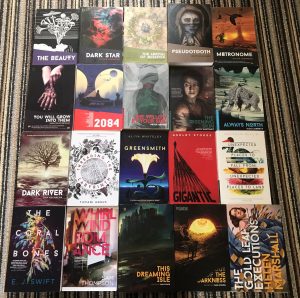
They also released three remarkable anthologies via Kickstarter. 2084 (2017), edited by George, celebrated the anniversary of George Orwell’s formative dystopian text Nineteen Eighty Four (1949) by asking some of genre fiction’s most exciting authors, from Christopher Priest to Cassandra Khaw to Aliya Whitely to Irenosen Okoje, to write stories inspired or building on Orwell’s classic but set a hundred years in the future. This Dreaming Isle (2018), edited by Dan, explored the emerging genre of folk horror as explored by writers from Jeannette Ng to Kirsty Logan to Gareth E. Rees. And Out of the Darkness (2021), also edited by Dan, was released during the pandemic and used the power of dark fantasy and horror to explore issues around mental health, with all royalties and editor’s fees going to the charity Together for Mental Wellbeing. As a timely gesture to fans, authors, and everyone suffering from mental health issues due to or exacerbated by the pandemic, it’s a perfect example of how Unsung Stories cared for and nurtured its community, how they made the world a better place simply by being in it. This is also reflected in the many Unsung Events they hosted over their existence, where authors both published by the press, plus friends or those they admired, were invited to read their work in front of a small but enthusiastic live audience.
Personally, I first discovered Unsung Stories in 2017, through my writing for Gingernuts of Horror. I was offered a digital ARC of Malcolm Devlin’s debut short story collection You Will Grow Into Them. The combination of the striking cover art, plus comparisons to Robert Aickman, Thomas Ligotti and Jeff VanderMeer, drew me in, and the quality of the stories absolutely blew me away. I immediately knew I had found something special. I pre-ordered a copy and begun tracking down the rest of Unsung’s equally striking output. Unsung was holding a launch event in London for the release of You Will Grow Into Them, so I contacted Malcolm Devlin and asked if I could interview him either before or after the event. I got on the bus down from Liverpool for the event especially, and at the event I got to meet George for the first time, along with Vince, which of course is Malcolm Devlin’s real identity. They were all so kind and welcoming to this random enthusiast who had travelled miles to see them, and was about to get on the bus to go back home again, and invited me out for drinks. Since then I have been an avid supporter. I have attended many events, reviewed many of their books, and interviewed many of their authors. I am proud to have contributed to their Kickstarters. It is with great personal sadness that I greet the end of Unsung’s marvellous project. As a fan and as a genre fiction critic, it is a tribute to their incredible work that I feel so personally invested in everything they have done.
If there’s a lesson here, it’s that these are incredibly difficult time for small presses. We need to support all our indies, to appreciate them now for the incredible work they do bringing so much crucial and innovative writing into print, for the communities they build. So go out and buy Unsung’s books in their closing sale, and feel the sadness at what we have lost. But importantly, go out and buy from our other brilliant indie publishers – NewCon Press, Dead Ink, Luna Publishing, Valancourt Books, Wakefield Press, Unnamed Press, Tartarus Press, Small Beer Press, Tachyon Publications, all of them. Support them and appreciate them while they are here. They are worth their weight in gold.


